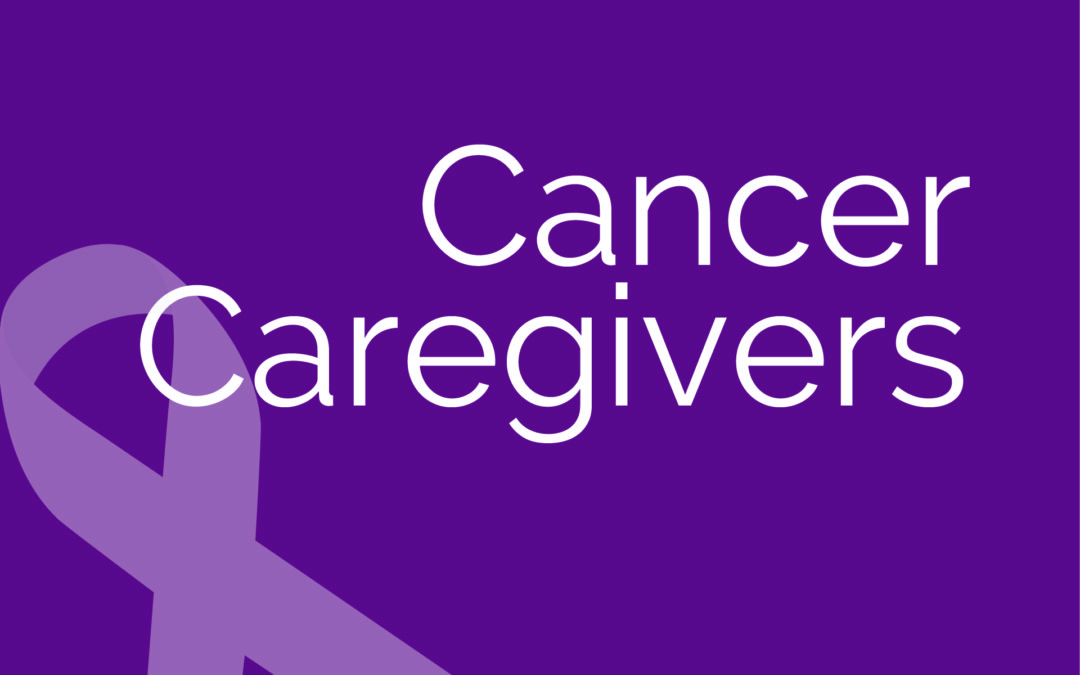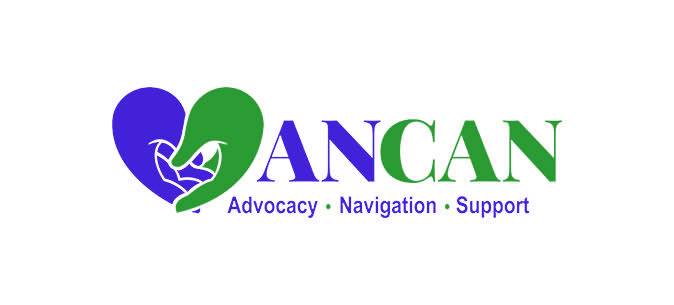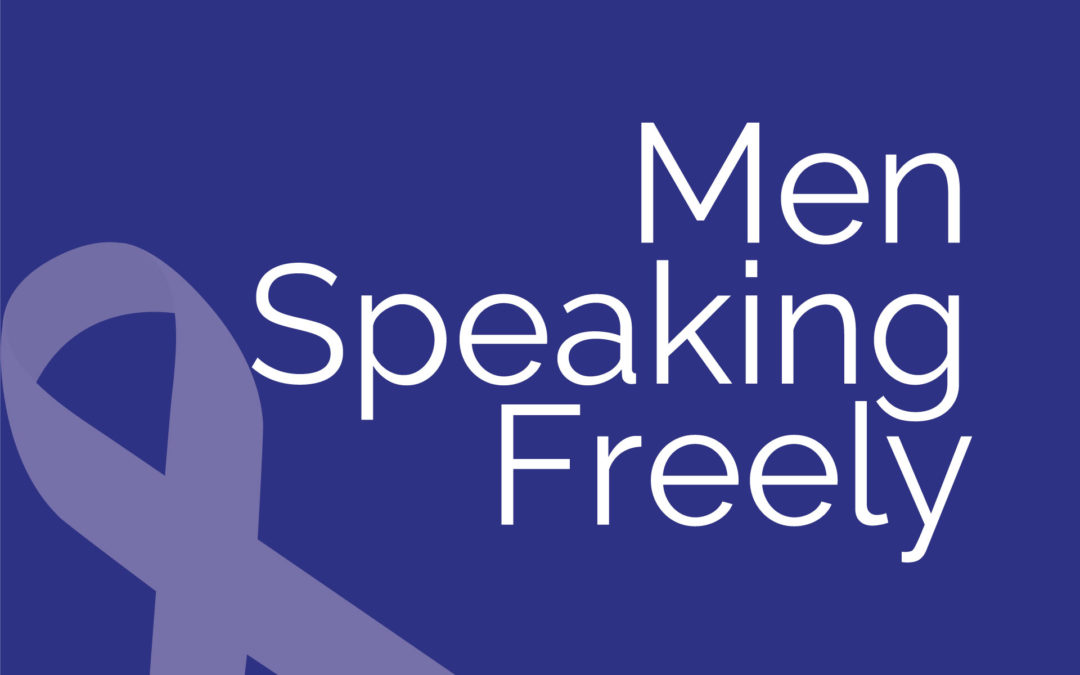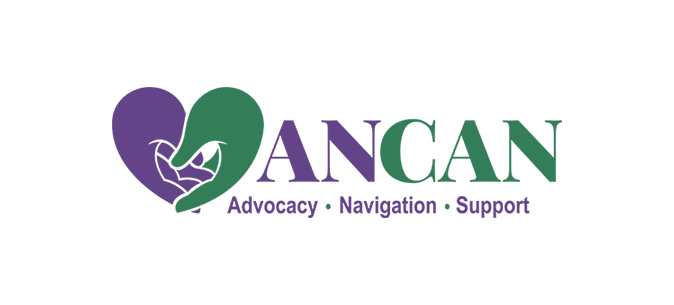Before COVID-19, Mollie Biewald, MD, was skeptical about using telemedicine for palliative care visits. But now, she has found herself holding iPads or iPhones at the patient bedside, helping families make difficult decisions.
Over the past few weeks, some of her patients — whether hospitalized for COVID or another disease — have received daily family visits via Zoom or FaceTime. When a patient is actively dying, with the family present remotely, Biewald or another clinician will often stay at the bedside, holding the device.
“It is amazing,” said Biewald, a palliative care physician at Mount Sinai Hospital in New York City. “We mostly use it to bring the family to the bedsides of patients who are otherwise totally separated from everyone they know.”
While she initially thought it would be “nothing like the real thing,” she has changed her mind, as it has enabled family members to see their loved one and be present virtually while the patient is dying.
“It’s not ideal, but the best we can do, and much better than the alternative,” Biewald told MedPage Today.
Other palliative care teams across the country similarly have taken to telemedicine to conduct advance care planning and goals-of-care conversations with patients without having to enter their hospital room or increase the number of personal contacts by providers. Professional volunteers from around the country have also helped with palliative care consults and virtual office hours in support of providers in New York City.
More than other medical specialties, palliative care is built on personal contact, conversation, and relationship-building — supporting patients and families to clarify their values and define their treatment preferences in the face of serious illness, whether they are in the hospital or the community.
Michael Rabow, MD, of the University of California San Francisco, heads a busy outpatient palliative care clinic that was an early adopter of telemedicine, providing about half of its visits remotely.
“After this crisis ends, whatever new normal looks like, the numbers for tele-visits may go down, but not to where they were before,” Rabow said. “I think a lot of providers have recognized that telemedicine can work in palliative care, but the ideal balance between remote and in-person visits is not yet known.”
Palliative care professionals in some cases could be brought in virtually to assist other clinicians in discussions about whether a COVID patient with comorbidities whose condition is getting worse would want to go on a ventilator, given the poor outcomes. Might they consider the alternative of dying without the vent, perhaps in a private hospital room or at home, supported by hospice care?
“The biggest benefits of palliative care consultations are further upstream, when people can consider in advance what would be important to them in a situation like that,” Rabow said. If they understand the ramifications and don’t want to die of COVID in the hospital, alone and on a ventilator, then they may want to express other choices now, through an advance directive.
For Michael Fratkin, MD, founder and CEO of ResolutionCare Network, a community palliative care service headquartered in Eureka, California, telemedicine is not only essential to delivering palliative care services to seriously ill patients in the current crisis, he thinks it provides a better medium, in many cases, than in-person visits, given the nature of the conversations.
Prior to March 16, when California shut down in response to COVID-19, ResolutionCare Network was conducting 30% to 40% of its local patient encounters by video on a computer, iPad, or smart phone, and the rest in person. Since then, its team of four physicians, nurses, social workers, and a chaplain, mostly working from their own homes, has provided 100% of visits remotely to a caseload of 200 patients.
What happens in these virtual meetings with seriously ill patients and their caregivers? Trust building, goal setting, shared decision making, advance care planning, symptom management, and the identification of social determinants of health, caregiver adequacy, and available community resources, Fratkin said. What makes it better is the relational quality of the encounter.
“We haven’t had a single situation that required an exception to our no-home-visit policy,” he added. Some patients have been referred to their primary care physician, to urgent care, or to the hospital for more acute needs. Precautions are practiced even though Eureka to date has had few COVID-infected patients. “We are prepared to go to the home, dressed in personal protective equipment (PPE), but we just haven’t needed to.”
Satisfaction with this approach among staff, clients, and referral sources is almost universal, Fratkin said. “Even for the resisters. They got over it quickly.” Advantages include the pragmatic — such as reduced risk of exposure to the virus. People don’t have to get up, get dressed, drive to the doctor’s office, and sit in a crowded waiting room; staff don’t have to drive on back roads to the patient’s home, he said.
“And it prevents a feeling of ‘home invasion’ by our staff. Everything we wish to see in the home has to be shared by consent of the patient. It’s a more balanced power relationship, without giving up anything in terms of trust-building or the intimacy of the interaction.”
Most of the patients Fratkin’s company serves are Medicaid-covered, often buffeted by housing and food insecurities, substance abuse, mental health issues, and trauma-informed losses, he said. “Because of our experience in telemedicine, we are being asked to be part of conversations aimed at getting patients out of the hospital and keeping them out.”
“Telemedicine is providing insights into all the ways to improve healthcare,” Fratkin said. It took the virus to change the game. “This experience with COVID will take us past the tipping point, to where the public better understands what palliative care is all about.”





